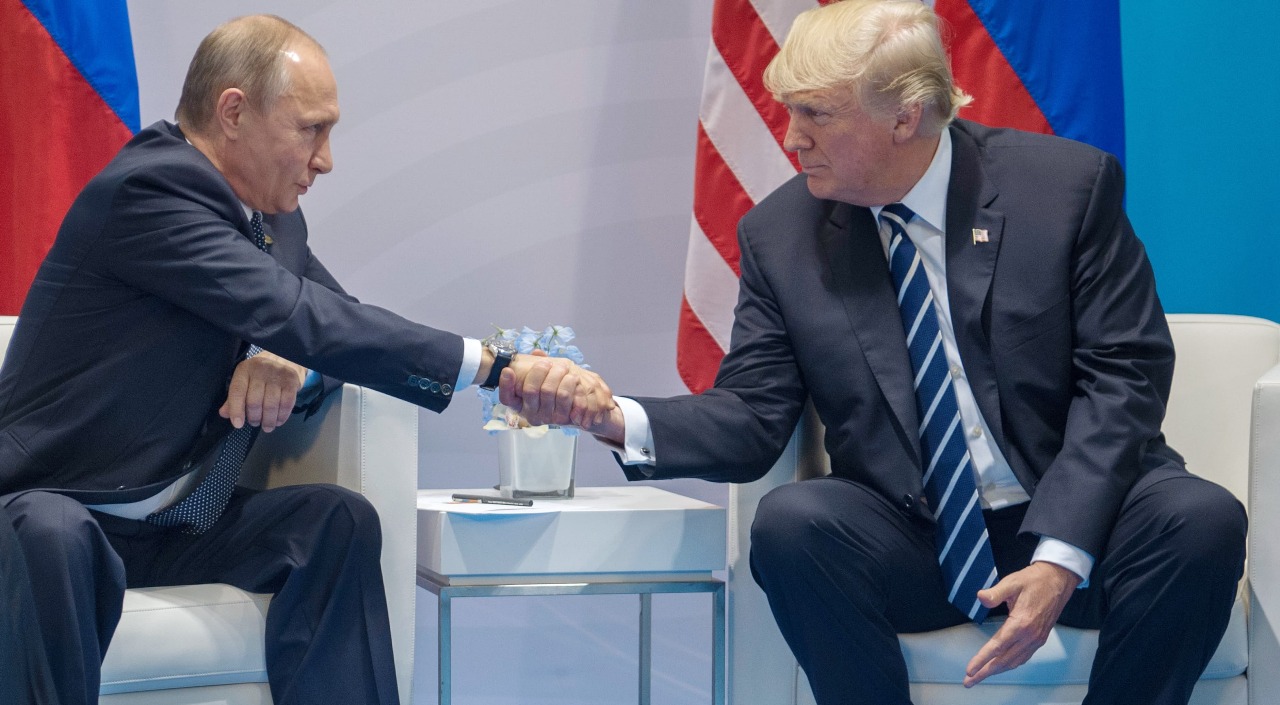
Follow WOWNEWS 24x7 on:
Updated: June 17, 2025 15:43

The Trump administration has quietly dissolved an inter-agency working group that was established to develop strategies for pressuring Russia into advancing peace talks with Ukraine. The move, which occurred in recent weeks, reflects a broader shift in U.S. foreign policy posture and has raised concerns among European allies ahead of a pivotal NATO summit.
Key developments and internal dynamics
- The group, formed earlier this year, included officials from the National Security Council (NSC), State Department, Treasury, Pentagon, and intelligence agencies
- It was tasked with formulating options to increase diplomatic and economic pressure on Moscow, particularly in relation to the ongoing war in Ukraine
- The initiative lost momentum in May as President Trump reportedly grew frustrated with the lack of progress and signaled a reduced appetite for confrontation with Russia
- The final blow came when most of the NSC team handling Ukraine policy was dismissed as part of a broader internal shake-up
Strategic implications and allied concerns
- The disbandment comes at a time when European leaders are seeking unified Western support for Ukraine amid escalating tensions with Russia
- Trump’s recent remarks at the G7 summit, where he called the removal of Russia from the former G8 a mistake, have further fueled concerns about his stance on Moscow
- The dissolution of the group follows earlier reports of the administration suspending efforts to counter Russian disinformation and sabotage operations
Broader foreign policy context
- Despite campaign promises to end the war in Ukraine swiftly, Trump’s administration has made limited headway in brokering peace
- The administration has seen some diplomatic wins, such as a ceasefire between India and Pakistan, but has struggled with mounting tensions in the Middle East, particularly between Israel and Iran
- Trump’s allies, including Senator Lindsey Graham, have continued to push for tougher sanctions on Russia, though the administration’s current direction appears less assertive
Future outlook
While the working group’s closure does not preclude future action against Russia, it signals a recalibration of U.S. priorities and a potential pivot away from multilateral pressure strategies. The development is likely to be a key topic of discussion at upcoming NATO and G7 meetings, where allied unity on Ukraine remains a central concern.
Sources: Reuters, Yahoo News, Devdiscourse, USA Today.




